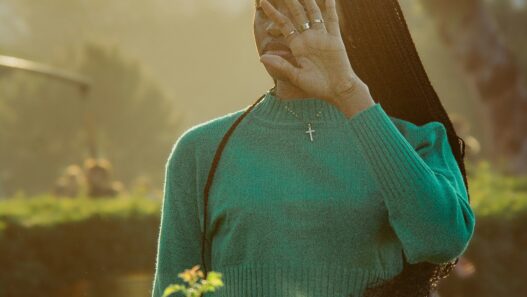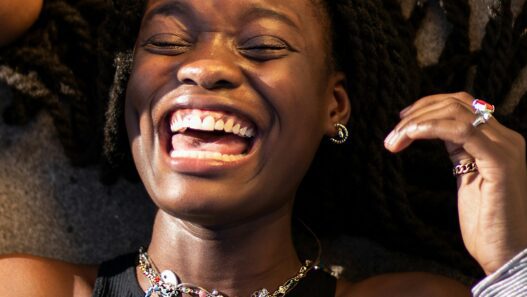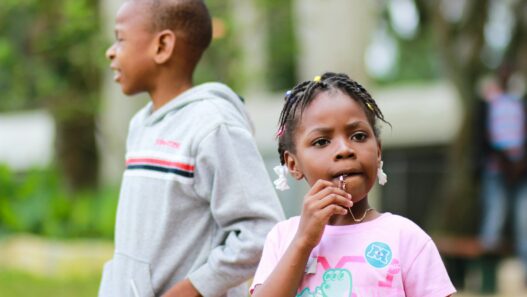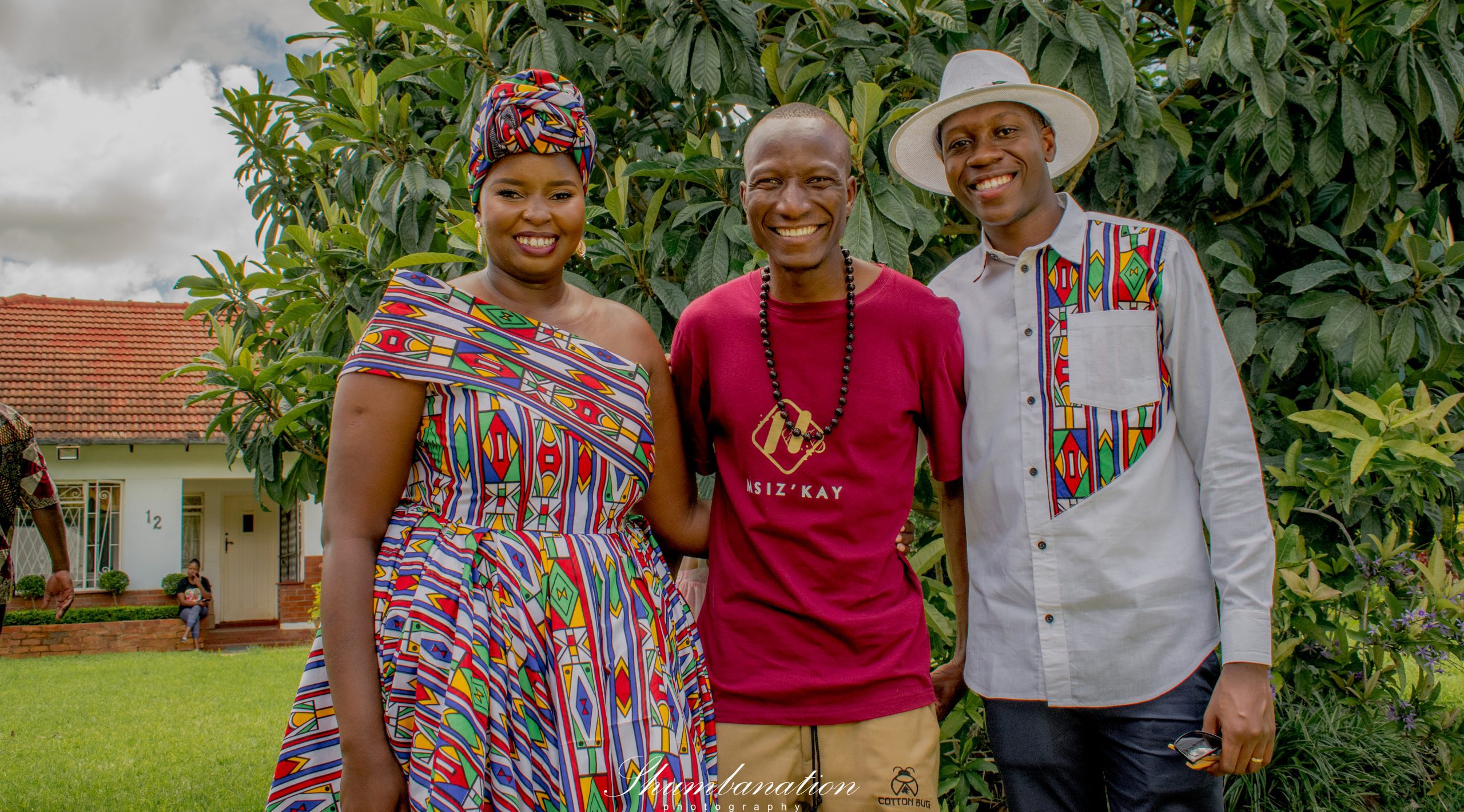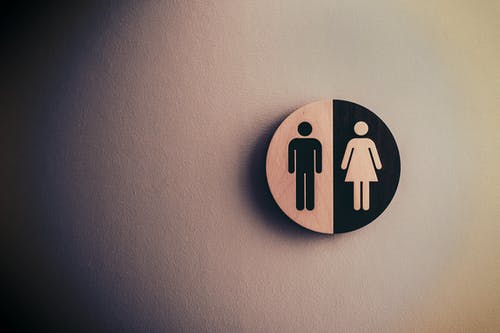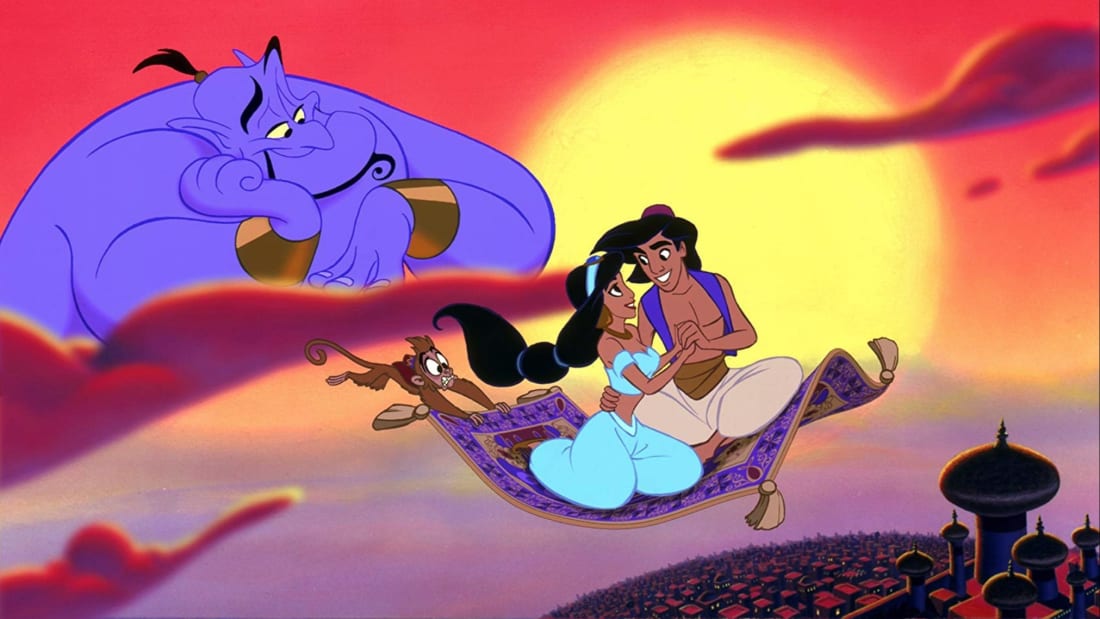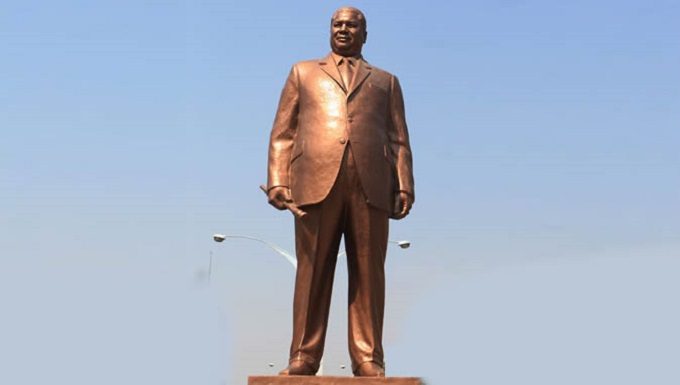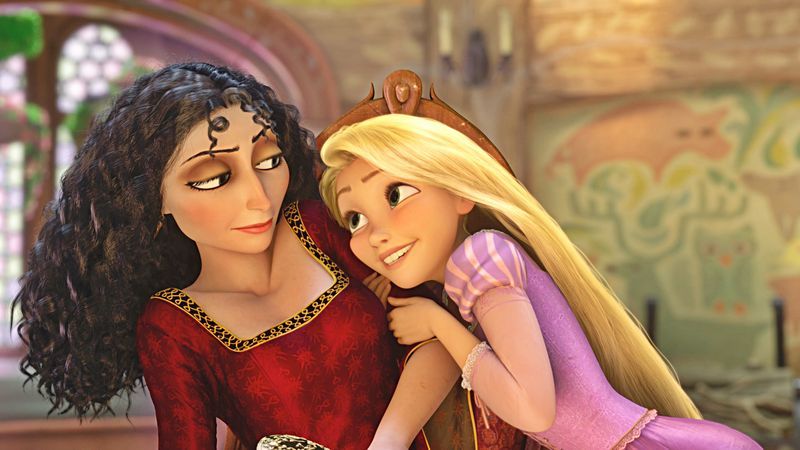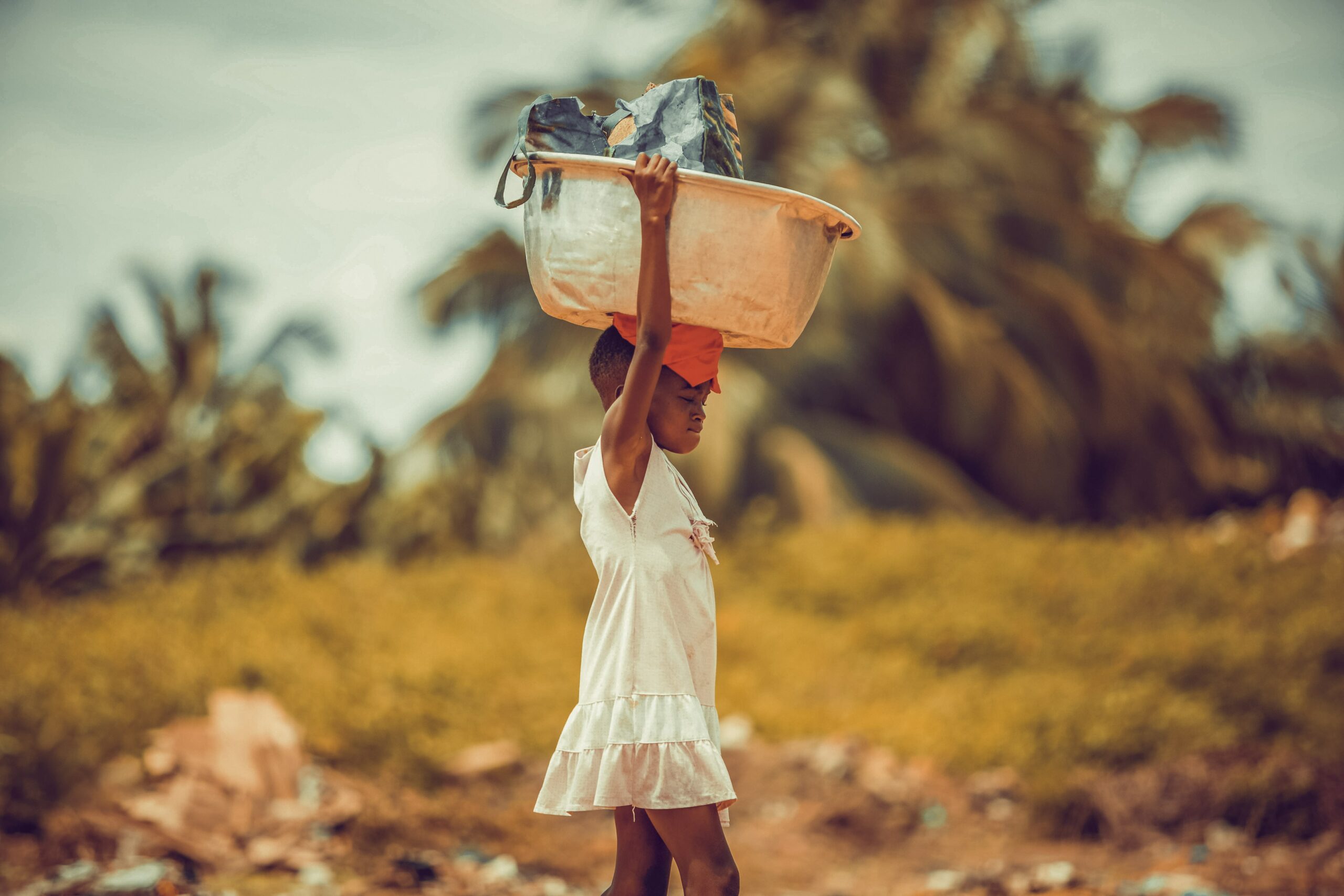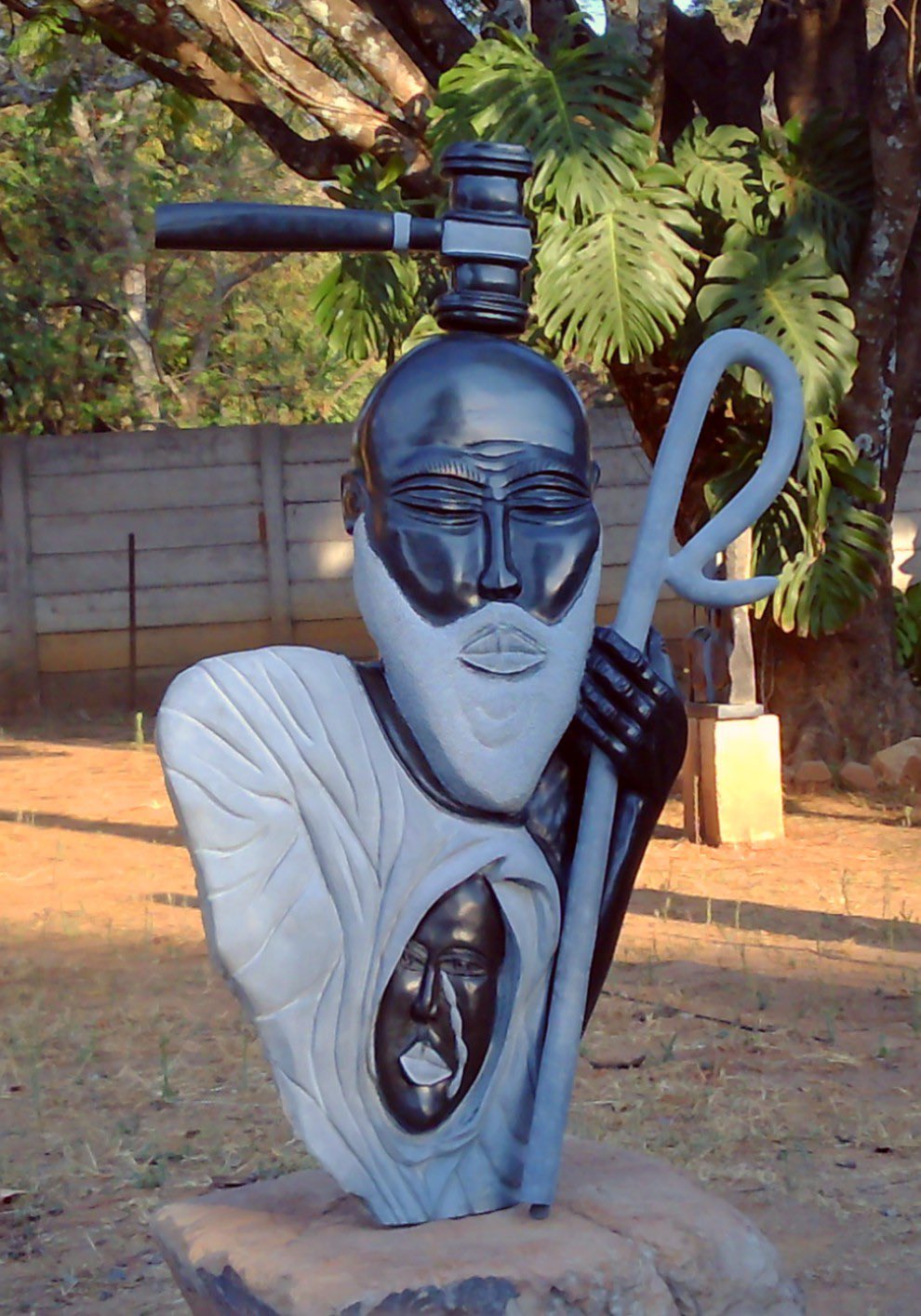
This is the rare occasion that I take to my soapbox and rant till the cows come home. Poor mental health is not the issue! I’m hoping you’re staring at the page in shock and horror, seething with righteous indignation, especially as we’ve had writers purporting that mental health is not the white man’s disease. Yes, get angry, get indignant but the fact remains; Mental health is not the issue.
Whenever people discuss mental health or mental well-being, you see people visibly tense up, cross their arms over their chests, look away and disengage. Why? Because we’ve been conditioned to believe that mental health issues only look like depression, anxiety and potentially more complicated ailments like being Bipolar or Schizophrenic. These are all relevant issues incorporated in the mental health discussion, but they are not the issue.
If mental health isn’t the issue then pray tell, what is? In my humble opinion ( I say this because I’m not a health practitioner or expert,) mental health issues like depression and anxiety are merely the fruits of our disease, not the root of them. I find it funny that the word disease is at its root two words; dis-ease. The prefix dis means not or opposite of, so disease means lack of ease.
What are the things that cause you lack of ease, the things that make you uncomfortable, the dark thoughts that consume you when you turn to sleep in your bed?
When I try to figure out what causes me dis-ease, I cannot fathom the titans that represent my fears, insecurities, anxieties and concerns; they are so big I cannot quantify them or even articulate the damage they inflict. I wonder why that is? When I look back at my childhood I can see dis-ease more clearly and I can quantify it. I remember getting beatings almost every weekend, as African kids will do. Lol, my sister and I would alternate, based on who had been the biggest reprobate that week. I remember when I would sob uncontrollably and my parents would shout at me to be still, lest I received more lashes. That taught me the dis-ease of burying my feelings of pain and repressing them beneath layers of silent shame. This meant I never learned how to experience my emotions in their full range, and so I never learned how to release negative emotions. Instead, I learned how to bandage bullet holes and leave them to fester internally, poisoning me from the inside out.
I remember seeing my parents fight only once in my life. My mother was so upset that she was packing her bags and my father walked into our room, perplexed, begging us to reason with my mother. I never saw my parents argue, which means I missed the opportunity to model healthy conflict resolution. My only experience of conflict resolution was an erratic outburst that was extreme and volatile. When my father passed away, I can’t count the number of people who told me to be strong, the number of people who told me I had mourned for long enough and had no right to be a downer. I can’t forgive the multitudes that told me it was a part of life and so had to be accepted. What is my point? As Africans, we champion stoicism and restraint, to the point of emotional suffocation and constipation. These pent-up emotions bubble and boil, infecting our coping mechanisms and ability to process and combat challenges, leading to the crippling dis-ease.
Now, let the records show, I am not attributing all mental health issues to our upbringing. Several ailments are genetic or based on several complex interconnected factors. My point is, mental health as an issue is not a new age and recent phenomenon. It has always existed but we always called it by other names; the troubled child, the reprobate, the one with problems at home or stress.
So why is it so bad now? Let’s start with a fun fact, shall we? I remember my sister telling me that the anxiety levels of teenagers in our lifetime are the equivalent of middle-aged patients who were hospitalized due to mental health imbalances & ailments in the ’70s. Scary right? We live in a world that has accelerated technologically, but additionally metastasized the cancers that are cyberbullying, revenge porn, FOMO, internalized capitalism and a myriad of other plagues our parents never grew up with. This means that like dinosaurs, the repressive emotional coping mechanisms that raised us, are fast becoming obsolete and in fact counterintuitive, if not detrimental.
I could go on about how we are taught to remain and suffer in stoic silence. When he beats you or he is abusive we are told, “Bekezela,mntanami, umendo unjalo.” Translated this means,” Be patient, my child, marriage is like that. Even in the unions that are set to be the cornerstones of our families, there is rot.
In closing, I say, mental health is not the issue. It never was. At its core, the issue has always been how our emotions were repressed and the belief that showing emotions is a weakness. The added trials and tribulations of our generation have just exacerbated an already present problem and like cancer surreptitiously devouring our cells, it has created death in increased suicide rates, soaring anxiety levels and the medicated generation.
What’s the way forward? The first step is to have some very tough internal conversations where we find the dis-ease that calls our mind home, and start the long journey of figuring out where it came from. Because when you think about it, your mind is the one place you will most often call home; be sure to make it hospitable.
#Drops mic. This has been another session of the Musings Of A Whimsical Mind (MOAWM). Until next time, better shake, rattlesnake!



